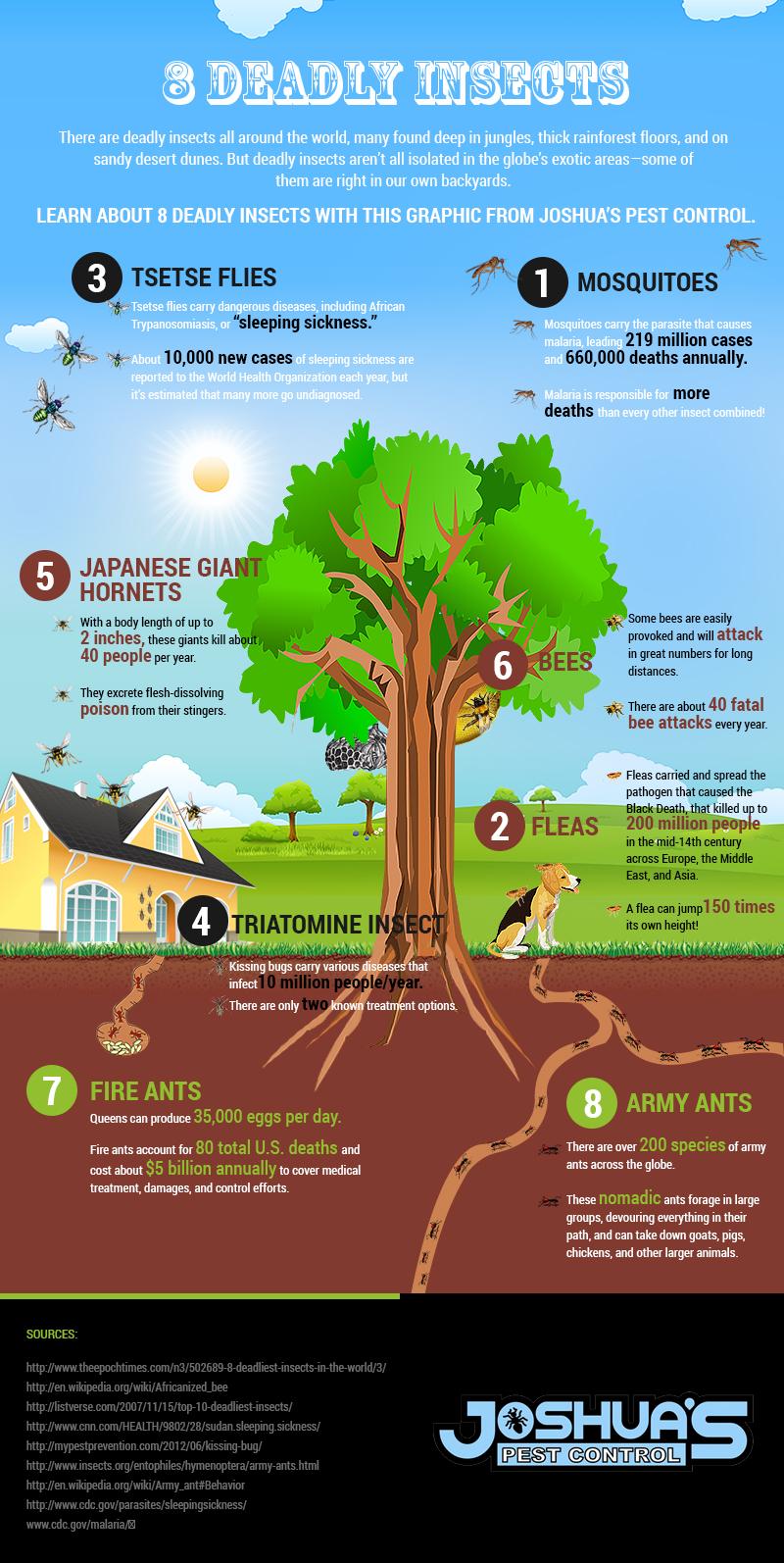Tips For Maintaining Outside Pests Far From Your Garden
Tips For Maintaining Outside Pests Far From Your Garden
Blog Article
Web Content Develop By-Gupta Fyhn
Picture your yard as a sanctuary, a place of harmony and charm. Nevertheless, mouse click the following article of outside pests can promptly disrupt this picturesque image. What if there were straightforward yet reliable means to maintain these unwelcome visitors away and secure your garden sanctuary? By complying with a couple of useful pointers and implementing all-natural methods, you can create a harmonious exterior room where your plants can thrive uninterrupted.
Natural Bug Deterrents
To keep pests far from your garden naturally, plant aromatic natural herbs like mint and lavender. These great smelling plants not just add appeal to your garden but likewise function as efficient bug deterrents. Bugs like insects, flies, and even some garden-damaging bugs are warded off by the solid scents sent out by these herbs. Merely placing them tactically around your garden can assist develop a natural obstacle versus unwanted parasites.
Along with visit this web-site and lavender, consider growing various other natural herbs like rosemary, basil, and lemongrass to even more enhance your garden's pest-proofing capabilities. These herbs not only act as natural repellents yet additionally have the added benefit of working in cooking or crafting home made treatments.
Strategic Plant Positioning
Take into consideration the format of your yard and the sorts of plants you have to purposefully put them for optimum pest-proofing efficiency.
Beginning by organizing plants with similar resistance to pests with each other. By doing this, you can produce a natural obstacle that deters insects from spreading out throughout your garden.
Furthermore, placing pest-repelling plants like marigolds, lavender, or mint near more susceptible plants can aid safeguard them. Tall plants, such as sunflowers or corn, can act as a shield for shorter plants against insects like rabbits or ground-dwelling pests.
Keep in mind to leave enough room between plants to improve air flow and reduce the threat of diseases that pests may lug.
In addition, consider growing strong-smelling herbs like rosemary or basil near susceptible plants to confuse parasites' senses and make it harder for them to locate their targets.
Reliable Pest Control Methods
For combating garden bugs properly, implementing a multi-faceted bug control approach is important. Beginning by urging all-natural killers like birds, ladybugs, and praying mantises to assist maintain parasite populations in check. Presenting plants that attract these helpful insects can aid in insect control. Additionally, practicing great garden hygiene by eliminating particles and weeds where insects might hide can make your yard much less friendly to unwanted site visitors.
Consider using physical barriers such as row cover fabrics or netting to safeguard prone plants from parasites like caterpillars and birds. Applying https://lorenzobungz.is-blog.com/38421812/protect-your-home-from-hidden-trespassers-by-choosing-the-appropriate-termite-control-service-discover-the-vital-facets-to-consider like neem oil or insecticidal soap can additionally be effective against certain parasites while being much less harmful to helpful bugs and the environment. It's essential to revolve your crops each period to prevent the build-up of bug populations that target particular plants.
Frequently inspect your plants for indicators of pest damage so you can take action quickly. By incorporating these methods and staying cautious, you can successfully manage garden pests and delight in a thriving, pest-free yard.
Conclusion
So, there you have it - with the best strategies, you can keep pesky outside parasites far from your yard and help your plants grow.
Did you understand that growing mint has been revealed to push back insects and other pests, reducing the demand for harmful chemicals by as much as 60%?
By including natural deterrents and clever planting strategies, you can produce a lovely and pest-resistant garden sanctuary for you to enjoy.
